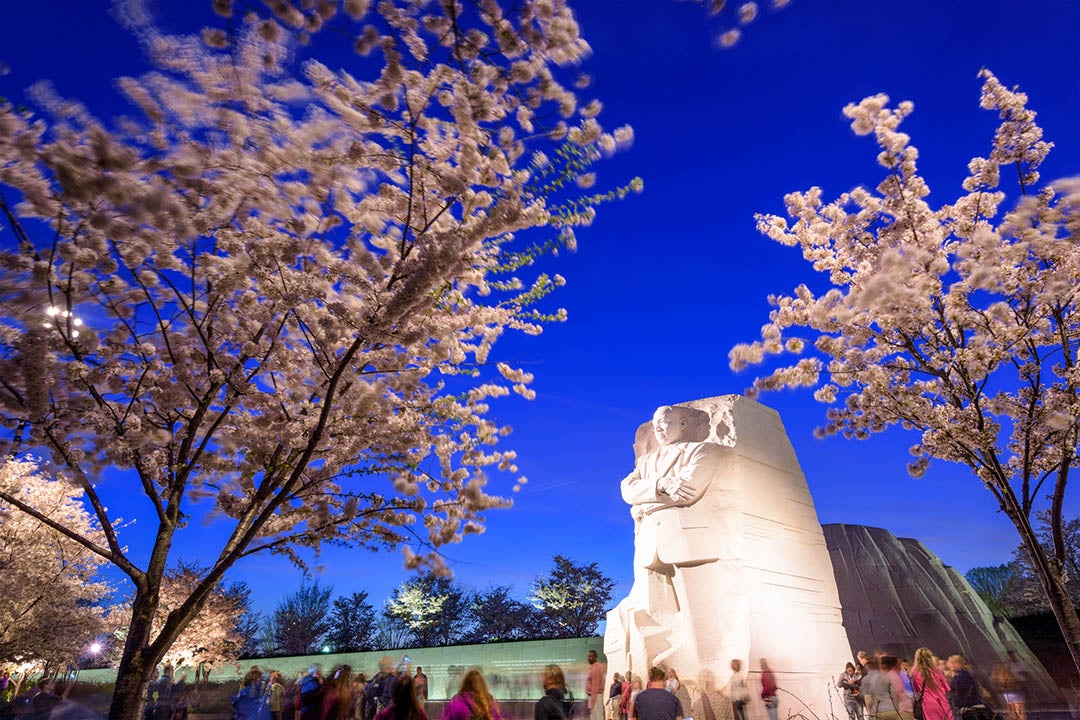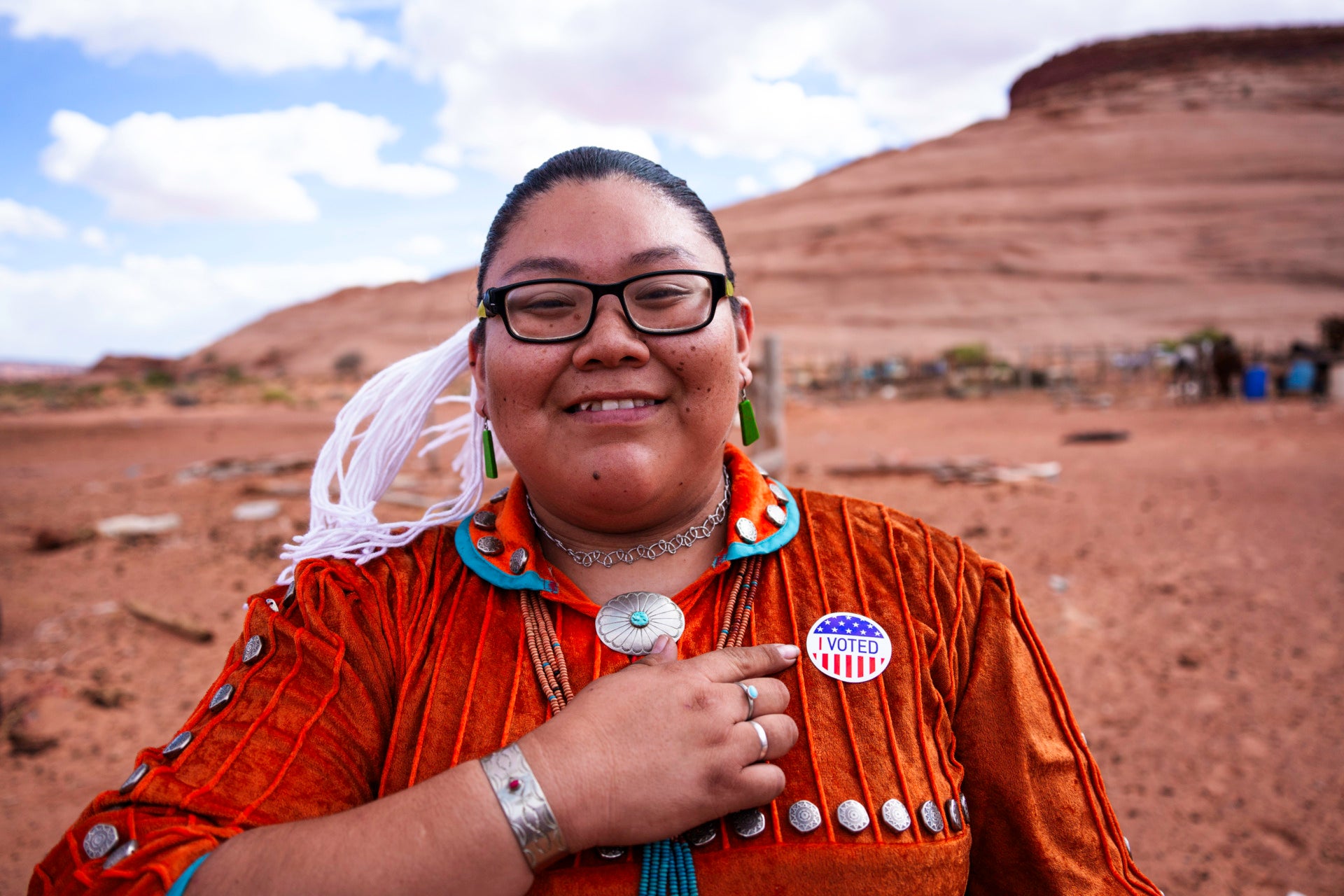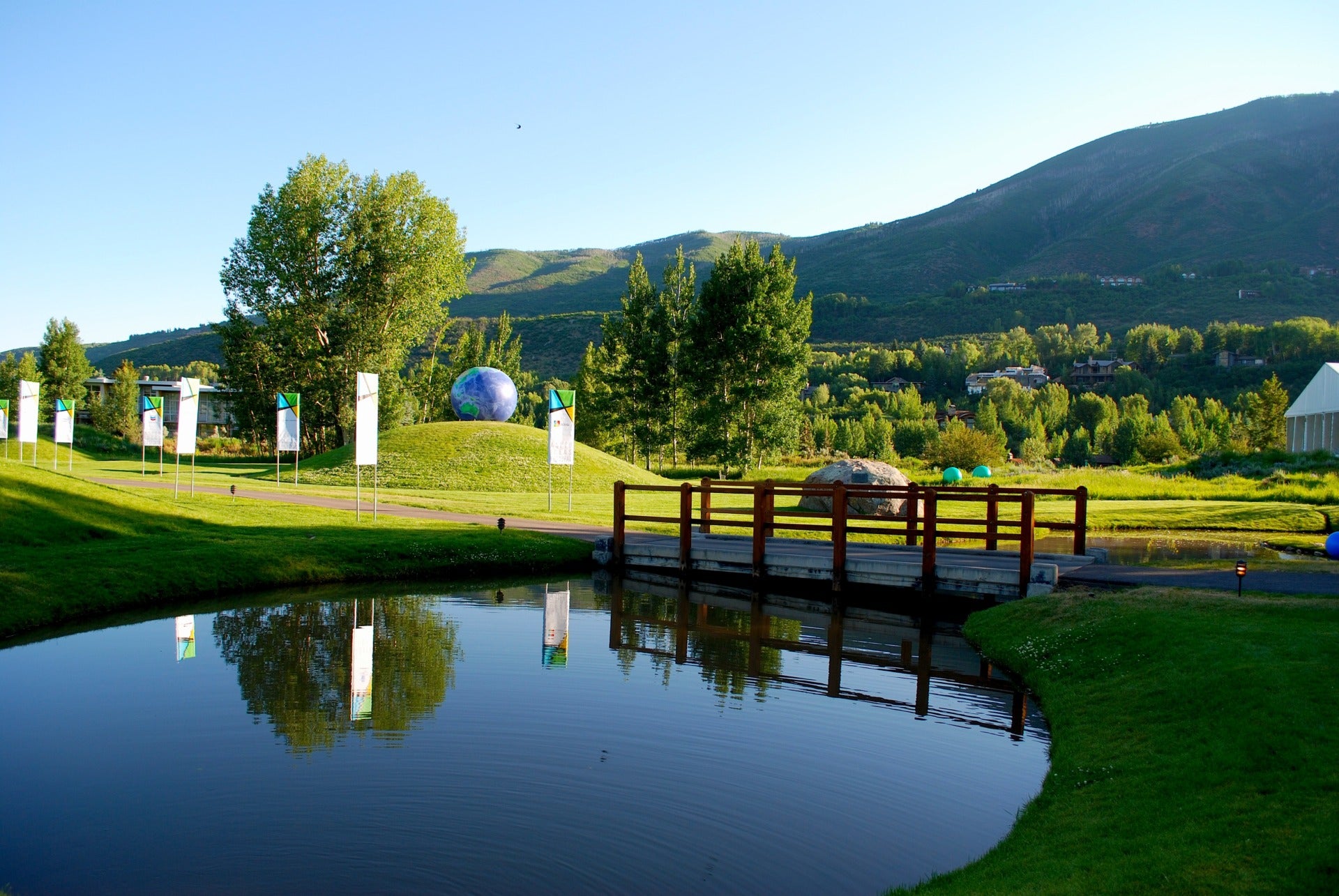As the shock over events this past weekend in Charlottesville sinks in, patriotic Americans of every color and creed are filled with anger and despair. Students of history are horrified and rapid response organizations are overloaded. One thing is for certain — Charlottesville will happen again. The far-right extremists who came together this weekend are already planning future marches and events with fervor. While the past presidential election did not create these individuals, they are emboldened, unmasked, and organized in ways they haven’t been before. President Trump has shown us through his public statements that he is not willing to speak up against hate. But instead of debating his lack of moral leadership, we must instead show our own. We need a national strategy on pluralism, one that is bipartisan and multi-faith, to ultimately respond to white nationalism, racism, and anti-Semitism.
First, we need political leaders to commit to a national strategy that upholds American pluralism with one voice. Our country remains fractured across many lines, and we must begin to speak to and listen to one another and break down some of these barriers. Unifying against white supremacists and fascists may be a low bar, but it is a starting point. We need leaders brave enough to show courage and humility in place of self-serving posturing.
Second, we must remember the reason our motto is “E Pluribus Unum,” out of many one. This strategy starts in the schools. For years, civic education and history have been neglected in favor of teaching to standardized tests. In the process, we have lost the ability to provide basic knowledge of the Constitution and transmit a shared narrative that details the role the US played in the struggle against fascism. Social Studies, as it is now called, is so bound up in a debate over an agreed set of facts — and the right way to treat the uglier aspects of our history — that it is difficult for school districts to settle on any curriculum at all. So instead propaganda on the internet fills the vacuum. School districts around the country need to step up and start educating our kids about our past and the lessons it has taught us.
We also need to know our neighbors. This may seem facile in the face of such hate, but in fact, diversity is our strength only when it is an engaged diversity. At the Aspen Institute’s Inclusive America Project, we are trying to support networks at the community level in houses of worship, at youth service organizations, and at the local and state levels that engage American religious pluralism. We want young people to get basic information about the religion and culture of their neighbors, to “de-otherize,” and form friendships and relationships that lower barriers and reduce suspicion. This is a great antidote to the “blood and soil” cry we have been hearing this week.
The challenges are obvious. Urban coastal communities are more diverse than the heartland from which many of these sympathizers have emerged. There are fewer opportunities to positively engage with those who are different. Outreach needs to be based on neutral principles and should center on shared values and community service, particularly those that emerge from common faith-based beliefs in charity, humility, and service to the poor.
We do not yet know if the white nationalists are having a moment or if this is a long-term challenge. What we do know is that building bridges between people who differ in their beliefs but share a vision of community is one way to combat the dark shadows now threatening our civil society.
Meryl Chertoff is the Executive Director of the Justice and Society Program at the Aspen Institute. Zeenat Rahman is the Project Director of the Inclusive America Project at the Aspen Institute.


